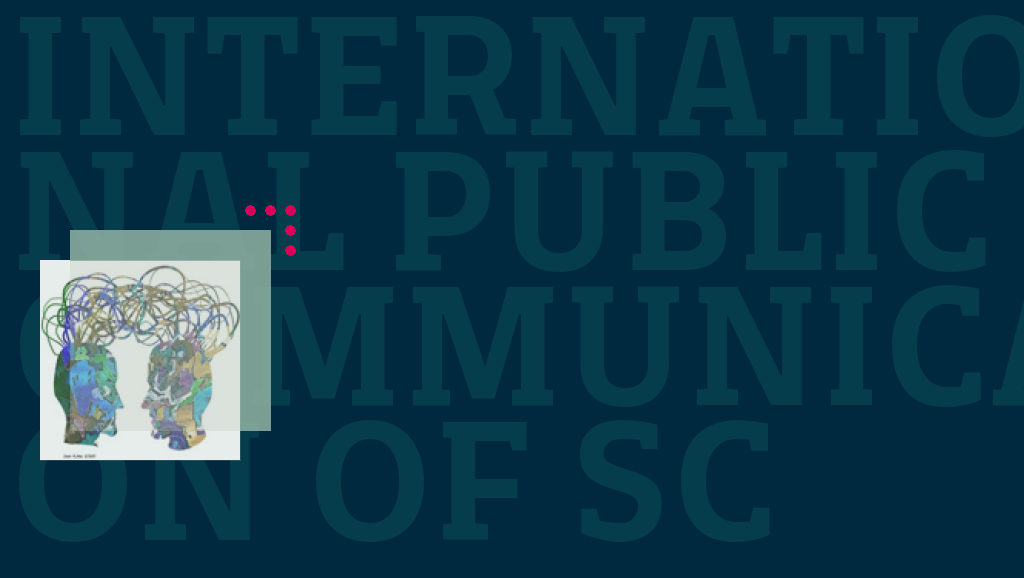Notes on the Bassetti Foundation promoted panel in Florence, Italy, 20th April 2012
Friday, 20th April
Palazzo dei congressi
Room: Onice
PCST 2012 – Parallel Session 3
13.00-14.15
From Responsibility of Communication to Responsibility in Science and Technology Communication
The theme chosen by the organizing committee of this edition of the International Public Communication of Science and Technology Conference is “Quality, Honest and Beauty“. The Bassetti Foundation, following the mission that has been its mantra for years, would like to pose the question of whether the communication of science and technology – bearing innovation firmly in mind – shouldn’t also be responsible.
We believe that this debate is relevant to all participants of the Florence event (from journalists to researchers and from factory technicians to museum staff), and we have assembled a panel that will take place on the afternoon of Friday 20th April.
In drawing the framework for the seminar we began from a passage that we retain necessary, that of the passage from the individual responsibility held by the communicator to the stronger collective responsibility of the system. We cannot dispute that the world of communication tout- court “suffers” the pressure of social media due to the push for transparency on the part of public opinion and institutions and the application of technology in doses (and occurrence) unimaginable just a few years ago. All of this takes on a particular meaning in the case of the communication of technoscience. It involves establishing a bridge between science and society, and between innovator and a decision-maker who decides who to call to act, therefore contributing to the entire direction of the innovation process.
This is an eminently political theme, and not new to our discussions at the Bassetti Foundation. As we invite readers to participate with the panel, we also believe that the Florence congress represents the perfect occasion for a reflection, alongside our international collaborators, upon the contents published on our website www.fondazionebassetti.org. The site hosts an array of background readings that lay the groundwork for interpreting the original materials that we will publish immediately after the event. These will be written both by the protagonists of the seminar (Gail Edmondson, Chair; Margherita Fronte, Franca Davenport, Alexander Gerber and Ann Grand) and the recipients of the Bassetti Foundation travel grants who will speak in other panels (Saima Siddiqui and Patricia Rios Cabello).
An introduction for example could begin from the itinerary prepared by our US correspondent Jonathan Hankins (Itinerary: Communicating Science). The piece is a review of several posts that address this issue including: an article by Massimiano Bucchi (2002); an interview conducted by Margherita Fronte with Bruno Latour (2003); a piece written by Piero Bassetti for «Impresa e Stato» on the communication of innovation (2006); a conversation between Jeff Ubois and Lawrence Gasman about the media and nanotechnology (2007); the publication – sponsored by the bassetti Foundation – of the European report Taking European Knowledge Society Seriously (2008, in coordination with Bryan Wynne and Mariachiara Tallachini); the conference organized by the Bassetti Foundation and SISSA Trieste, Costruire un ponte tra scienza e società. Alla ricerca dei fondamenti della comunicazione della scienza and contains links to many other articles and volumes published in Europe and the US over the last two years.
Our site is the catalyst for a collaboration that we hope can grow ever richer and broader involving the direct protagonists of the Florence conference, namely scientific journalists. Amongst these we count the Chair Gail Edmondson (Editorial Director of Science|Business and Senior Correspondent of «BusinessWeek» Frankfurt), Margherita Fronte (who will extend the Bassetti Foundation’s point of view during the seminar) and Angela Simone.
It is no coincidence that the Bassetti Foundation, working as it does within the realm of responsibility in innovation to offer a mediation between languages, work places and disciplines, chooses to concentrate on the mediator par excellence: the scientific communicator. It might be that the communicator may decide not to assume any responsibility at all (apart from that of communicating honestly) but the fact of working astride worlds that in differing ways are permeated by responsibility (science, business and political power) presents her with new questions:
Can we maintain scientific rigour and at the same time satisfy the need to make heterogeneous and extremely complex arguments clear to the public?
How can we serve the general interest by keeping ourselves free of conflicts of interest?
What is the role for a scientific communicator in an era in which data is made available to a vast and ever growing public?
A look at the titles of the papers for presentation on 20th April (arguments that will be developed later through articles written for the Bassetti Foundation website) offers confirmation:
Chair: Gail Edmondson, Editorial Director of Science|Business and Senior correspondent in BusinessWeek’s Frankfurt bureau.
Margherita Fronte, Fondazione Giannino Bassetti: The challenges of innovation and responsibility.
Franca Davenport, Science writer, Science for environment Policy: Walking the ethical tightrope between science and policy.
Alexander Gerber, innocomm Research Centre: Open science without scientists?
Ann Grand, University of the West of England: «It feels like the right thing to do»: Ethical perspectives of open science.
See the PCST 2012 program.
——————–
(Image: Communication by Joan M. Mas (DailyPic) from Flickr – modified)
















